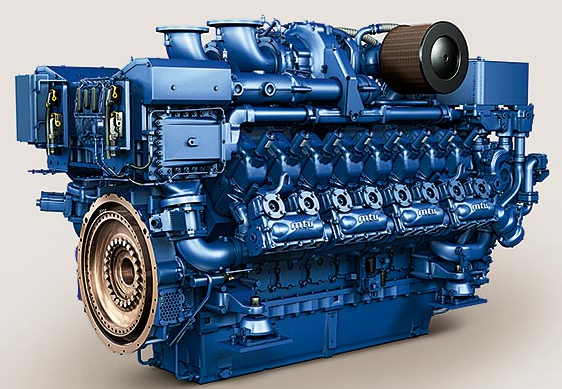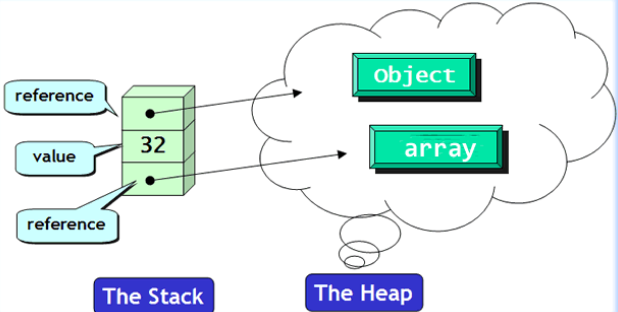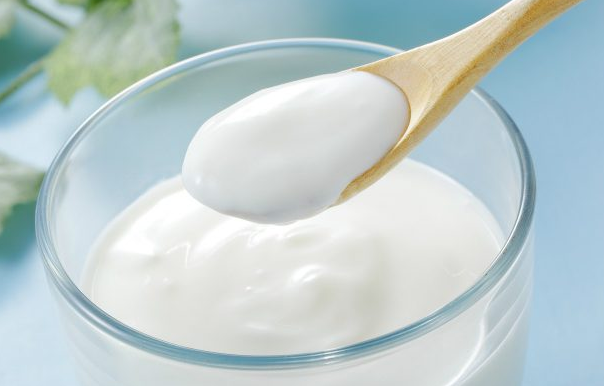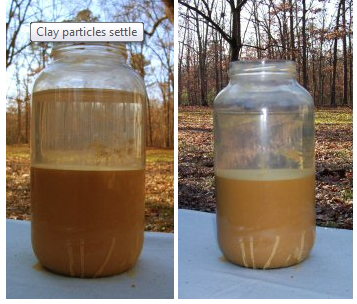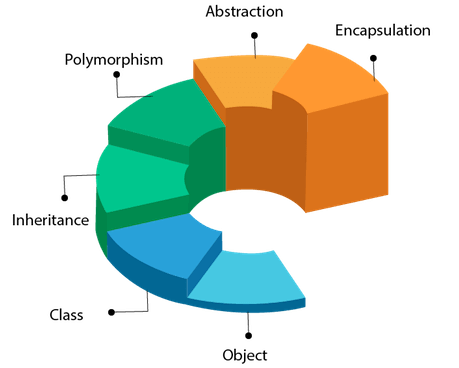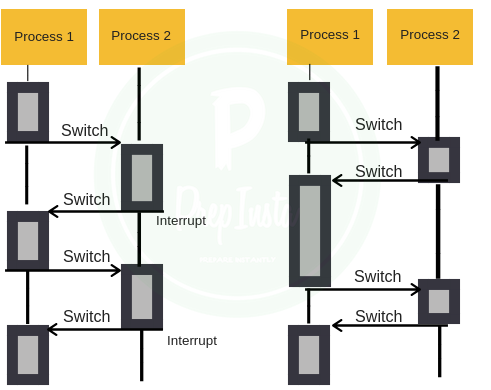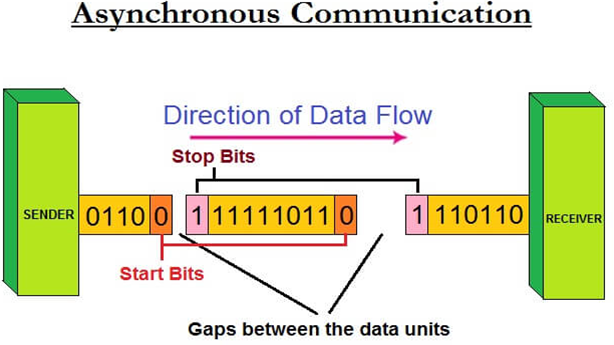12 Difference Between Paging And Segmentation In OS
Paging And Segmentation Paging in operating systems, is a memory management scheme whereby a computer stores and retrieves data from secondary storage for use in main memory. In this scheme, operating system retrieves data from secondary storage in same-size blocks referred to as pages. The main idea behind the paging is to divide each process … Read more
